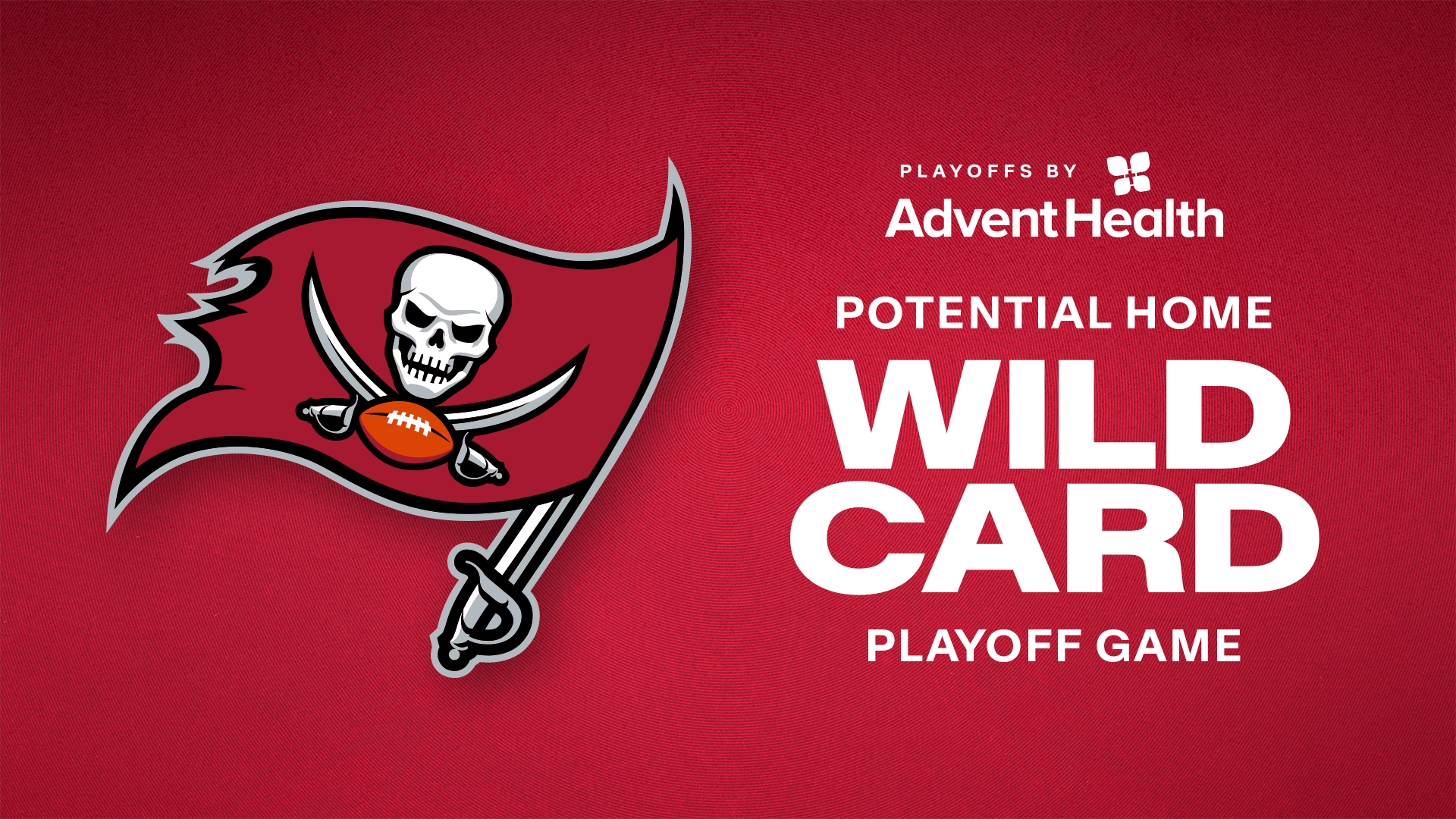Sabermetricians have a favorite statistic when attempting to predict which MLB teams will improve or worsen significantly from one season to the next: win-loss record in one-run games. The prevailing opinion is that the outcomes of such games, over the course of a season, are primarily decided by luck. A bad team can get a bloop single to break a 2-2 tie in the ninth and win by one; a good team can groove a fastball to the wrong hitter with the game on the line.
Really good baseball teams tend to win a lot of games by multiple runs; really bad teams lose a lot of lopsided outcomes. Find a team somewhere in the middle that had a particularly good or bad record in one-run games and you've found a candidate for a big swing in the standings the following season. Example: The 2016 Colorado Rockies were 12-20 in one-run games and 75-87 overall. The 2016 Phillies, meanwhile, had a similar overall record (71-91) but were 28-23 in one run games. In 2017, the Rockies improved to 87-75 while going 21-14 in one-run games. The Phillies couldn't hold their luck, going 21-36 in one-run games, and plummeted to 66-96 in 2017.
Football doesn't have a good equivalent to sabermetrics, though plenty of outlets, such as Football Outsiders, are constantly working to quantify the game. Football Outsiders' DVOA metric, for instance, is similar in intent to baseball's WAR statistic, but it works better from a team standpoint than for individual players. When a baseball player hits a home run, there are usually only two players whose performances mattered in the play – the pitcher and the batter. A really good result on an NFL play, in contrast, usually requires many more players to do their jobs well, and some of that will always be hard to quantify. How effective and important was the blocking of the right guard on that 70-yard touchdown pass?
Still, we're here today to try to examine the football equivalent of that sabermetric tool described above: record in one-run games. The impetus for this thought exercise: The Tampa Bay Buccaneers are 1-4 this season in games decided by three or fewer points, which seems like a big contributing factor to the team underperforming its win-loss expectations for 2017.
Some of those outcomes have been decided by the narrowest of margins. Football has been called a "game of inches," and one could say the Buccaneers loss to Carolina last weekend literally came down to an inch or two. The Panthers went for it on fourth-and-one from the Buccaneers' three-yard line with 45 seconds left in the game and the result was so close that the chains had to be brought out for a measurement, with players on both teams thinking they had prevailed. The ruling was a first down and Carolina won on the next play; had Jonathan Stewart been stopped a few inches shorter on fourth down, the Bucs would have run out the clock on a 19-15 victory.
In 2016, the Buccaneers went 3-0 in games decided by three or fewer points and finished 9-7 overall. That final record helped build the aforementioned high expectations for 2017, but a much poorer record in those close games followed. The question, then: Are NFL teams with notably poor records in games decided by three or fewer points good candidates to bounce back the following season.
The short answer, using data from the past two decades: Yes.
Over the last 20 NFL seasons, 42 teams have played at least five games decided by three or fewer points in a season and had a winning percentage of .300 or worse in those games. Three of those occurrences are this year (and could change in Week 17): The Buccaneers (.200 in five games), the 49ers (.167 in six games) and the Chargers (.200 in five games). Obviously, we don't yet know how those teams will fare in the following season.
That leaves 39 occurrences over the last two decades to examine. Of those 39 teams:
- 32 improved the following season
- 1 finished with the same record as the previous season
- 6 got worse the next season
Combining the next-season records of all 39 of those teams, including the ones that got worse, we get an average improvement of three wins.
Arrange those 39 teams in order of most improved to least improved, and the median improvement the following season is four victories.
The Panthers, who gave themselves a fourth three-point win in 2017 with last week's comeback against the Buccaneers, are a very good example of this trend. In 2015, the Panthers were undefeated in three games decided by three or fewer points on their way to a 15-1 regular-season record. Last year, Carolina's record plummeted by nine games to 6-10, and that included a 2-6 record in games decided by three or fewer points. This year, the Panthers are once again undefeated in those three-point games and they are 11-4 and playing for a potential division title this Sunday.
The Buccaneers followed a similar, though less extreme, pattern the past two years, going from a winning record to a losing record as their results in three-point games cratered. Obviously, they would like to continue to follow that Panther pattern into its third year with a rebound to another winning record.
Of those 39 teams examined above, 12 of them had a losing record in their season of poor close-game results after having a winning record the year before. Ten of those 12 teams had a winning record in games decided by three or fewer points in that previous season; one had a losing record and one did not play any such games.
Below are those 12 teams in the indicated three-season stretches. Each team's overall record and record in games decided by three or fewer points is listed for each of those three seasons.
| **Year 1** | **Year 2** | **Year 3** | |||||
| **Team** | **Years** | **Overall** | **3-Pt.** | **Overall** | **3-Pt.** | **Overall** | **3-Pt.** |
| Denver | 1998-2000 | 14-2 | 0-0 | 6-10 | 1-5 | 11-5 | 2-1 |
| Detroit | 2000-02 | 9-7 | 2-1 | 2-14 | 1-5 | 3-13 | 2-4 |
| Baltimore | 2001-03 | 10-6 | 3-0 | 7-9 | 1-5 | 10-6 | 2-1 |
| San Francisco | 2002-04 | 10-6 | 3-1 | 7-9 | 1-5 | 2-14 | 2-2 |
| Tampa Bay | 2002-04 | 12-4 | 2-1 | 7-9 | 0-5 | 5-11 | 2-1 |
| Green Bay | 2004-06 | 10-6 | 4-1 | 4-12 | 1-5 | 8-8 | 1-1 |
| Washington | 2005-07 | 10-6 | 3-2 | 5-11 | 3-2 | 9-7 | 4-2 |
| Green Bay | 2007-09 | 13-3 | 2-0 | 6-10 | 0-5 | 11-5 | 0-1 |
| Seattle | 2007-09 | 10-6 | 1-4 | 4-12 | 1-4 | 5-11 | 1-0 |
| Detroit | 2011-13 | 10-6 | 2-0 | 4-12 | 1-4 | 7-9 | 2-5 |
| Houston | 2012-14 | 12-4 | 1-0 | 2-14 | 1-5 | 9-7 | 0-1 |
| Carolina | 2015-17 | 15-1 | 3-0 | 6-10 | 2-6 | 11-4 | 4-0 |
Ten of the 12 teams saw their records go back up in Year Three after the Year Two decline. Eight of the 12 improved by at least three wins and half of the 12 improved by at least four wins. There was not, however, much uniformity in the team's results in three-point games in Year Three.
In sabermetric circles, record in one-run games is a useful tool for trying to predict which teams will rise and fall. It is certainly not an iron-clad indicator of either. That appears to be the case in the NFL, as well, if one substitutes games decided by three or fewer points in for the one-run qualifier in baseball. Teams that decline while losing a lot of very close decisions do tend to rebound the following season, though it is no guarantee.




































